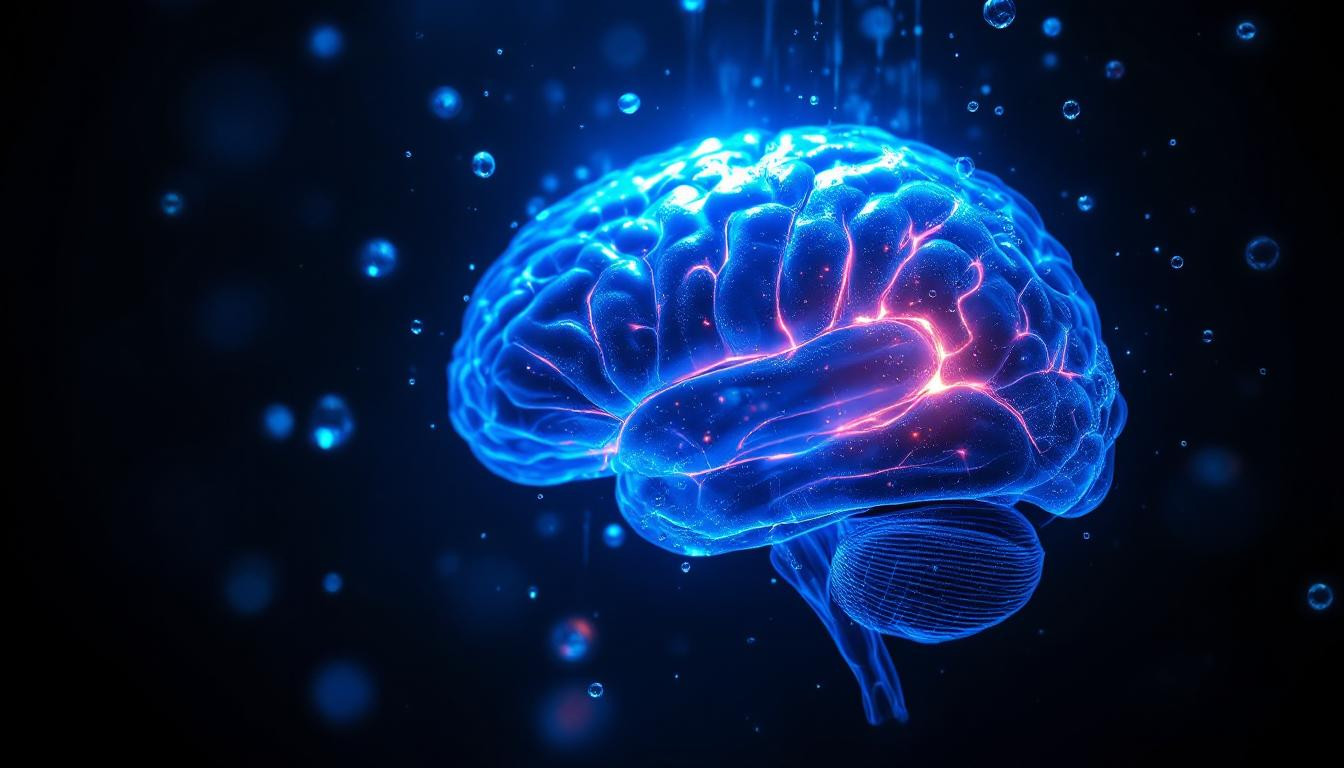When you’ve been told to “stay hydrated” all your life, it’s hard to imagine that drinking too much water could actually harm your brain. Yet water intoxication, a dangerous and potentially life-threatening condition, is more common than many realize.
The hidden dangers of overhydration
We all know dehydration is harmful, but overhydration can be equally dangerous. “When someone drinks excessive amounts of water faster than their kidneys can process it, they dilute the sodium in their bloodstream to dangerously low levels,” explains Dr. Natalie Chen, neurologist at Austin Medical Center. “This condition, known as hyponatremia, forces water into brain cells, causing them to swell.”
This swelling isn’t just uncomfortable—it can be deadly. Your brain, confined within your skull, has nowhere to expand, creating increasing pressure that can disrupt vital functions.
How your brain responds when drowning from within
I once treated a marathon runner who collapsed at mile 23,” shares Dr. Marcus Reid, emergency medicine physician. “She had been drinking water at every station without replacing electrolytes. Her brain was essentially drowning from the inside, causing seizures and respiratory distress that required immediate intervention.”
When what you drink throws off your body’s delicate balance, your brain becomes the first casualty, experiencing:
- Cellular swelling that increases intracranial pressure
- Disruption of electrical signals controlling thoughts and movements
- Impaired oxygen delivery to brain tissues
- Potential damage to the brain stem controlling vital functions
Warning signs your brain is under water pressure
Your brain sends clear distress signals when overwhelmed by excess fluid. Like a sponge that can absorb only so much before it starts leaking, your brain cells reach capacity and function begins to falter.
Early symptoms include headaches, confusion, and irritability—often mistaken for simple fatigue. As the condition worsens, you might experience nausea, muscle weakness, and even seizures. In severe cases, water intoxication can lead to coma and death.
The body’s electrolyte balancing act
Sodium acts as your body’s internal dam operator, controlling water flow between compartments. When sodium levels drop below 135 mmol/L, your brain cells begin absorbing excess water like overfilled balloons.
“The speed at which sodium levels fall is often more dangerous than the absolute level,” notes Dr. Chen. “Rapid drops give the brain no time to adapt, making even moderate cases potentially life-threatening.”
Who’s at highest risk?
Not everyone faces equal danger from excessive water consumption. Those most vulnerable include:
- Endurance athletes replacing sweat with plain water
- People with kidney disorders limiting water excretion
- Individuals taking certain medications affecting fluid balance
- Those with psychological conditions causing compulsive water drinking
Finding your hydration sweet spot
Proper hydration resembles a delicate balance between too little and too much. Most healthy adults need approximately 2-3 liters daily, but this varies based on activity level, climate, and individual factors.
Rather than forcing yourself to drink arbitrary amounts, listen to your body’s signals. Thirst remains your most reliable guide. And when engaging in intense activity, consider electrolyte replacement through sports drinks or foods rather than plain water alone.
When to seek medical attention
If you’ve consumed excessive water and experience headache, confusion, nausea or vomiting, seek medical help immediately. Like other substance-related imbalances, water intoxication requires prompt intervention.
Similar to how alcohol affects your system, water intoxication disrupts your brain’s normal functioning, though through different mechanisms. The treatment typically involves careful sodium correction to reduce brain swelling without causing further complications.
Could your drinking habits be hurting your brain?
Water remains essential for life, but like all good things, moderation is key. Your brain—that remarkable three-pound universe inside your skull—thrives on balance. Give it what it needs, not what drowns it. Your cognitive health might depend on it.
